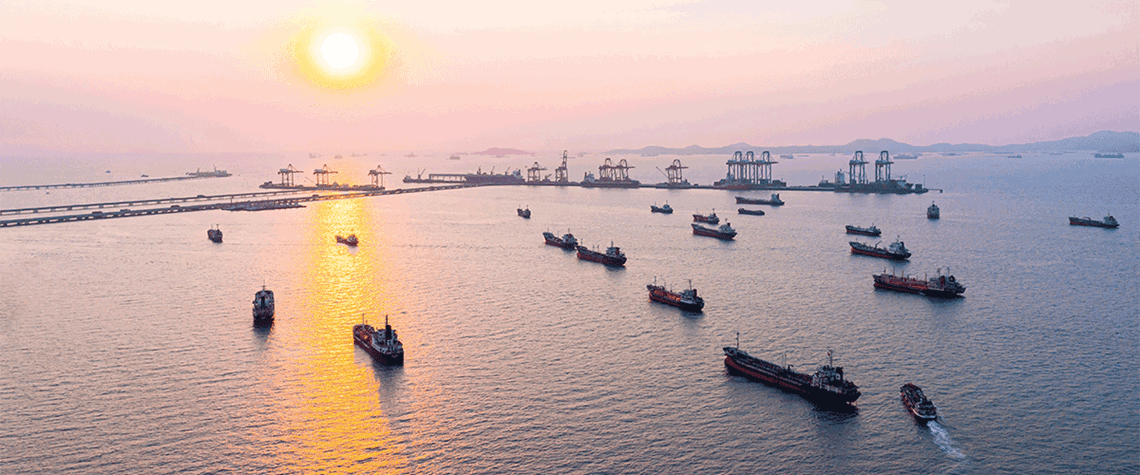Russian sanctions not watertight
Moscow will likely still be able to find buyers and ships for its exports of crude and products despite the measures
Moscow’s invasion of Ukraine and the subsequent Western sanctions on Russian crude and products have had significant impacts on the global tanker markets. Pre-war trade flows have been disrupted, redirected or cut altogether in a worldwide reshuffling of hydrocarbon supply, while the use of sanctions-busting measures has picked up and led to a grey market that includes disguising the origin of cargoes and using tankers not aligned to key insurance clubs. And the effects continue to reverberate with the recent introduction of the G7 price cap and the EU’s import bans. The EU banned seaborne Russian crude imports on 5 December last year and a similar ban on product shipments came into force on

Also in this section
27 February 2026
LNG would serve as a backup supply source as domestic gas declines and the country’s energy system comes under stress during periods of low hydropower output and high energy demand
27 February 2026
The assumption that oil markets will re-route and work around sanctions is being tested, and it is the physical infrastructure that is acting as the constraint
27 February 2026
The 25th WPC Energy Congress to take place in tandem as part of a coordinated week of high-level ministerial, institutional and industry engagements
27 February 2026
The deepwater sector must be brave by fast-tracking projects and making progress to seize huge offshore opportunities and not become bogged down by capacity constraints and consolidation







